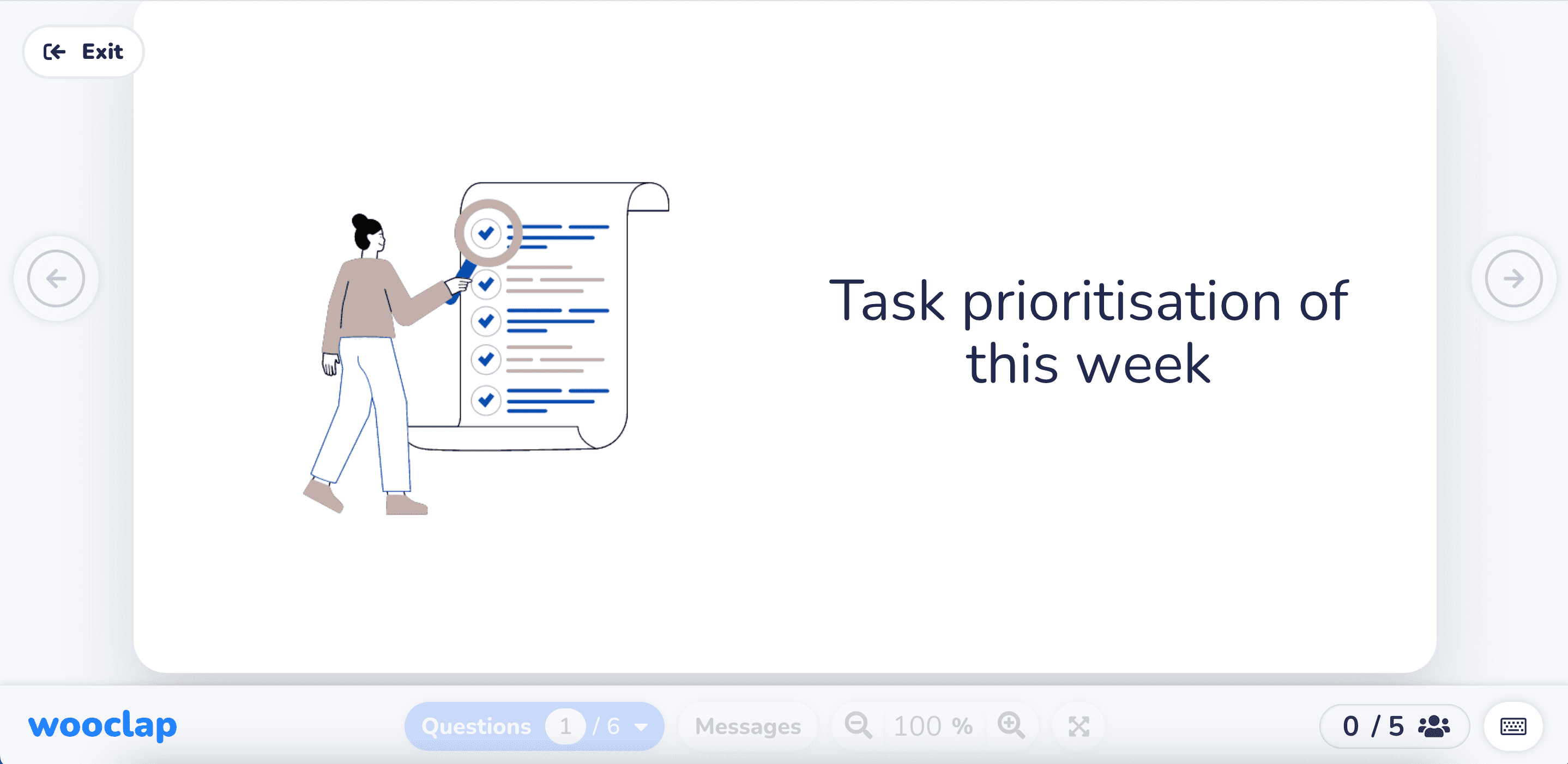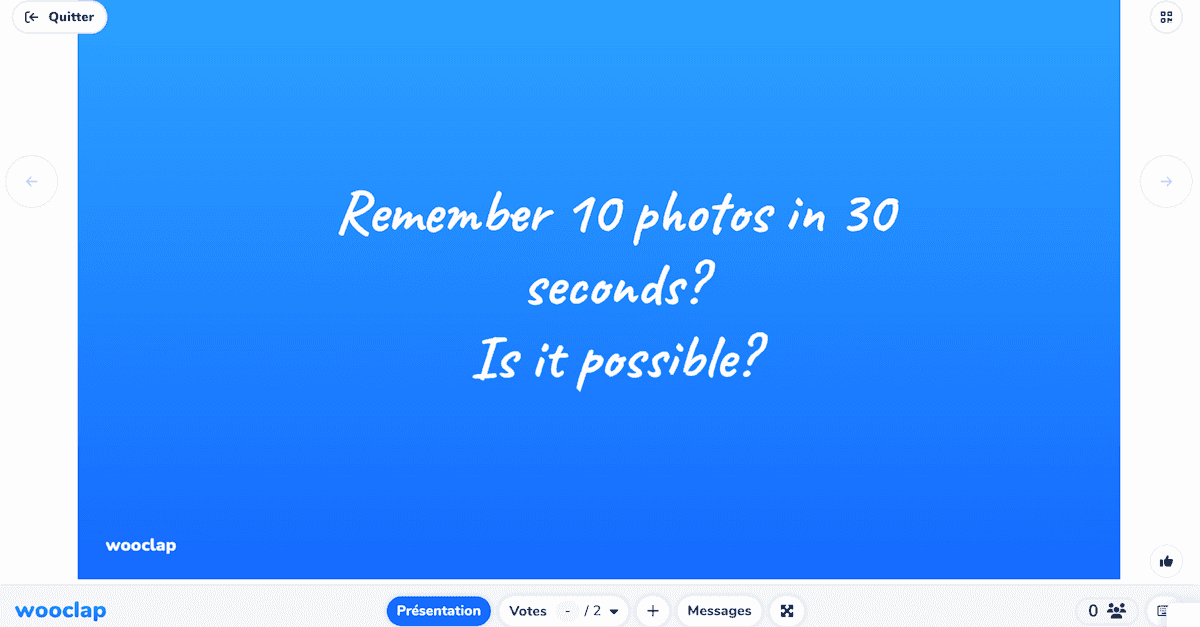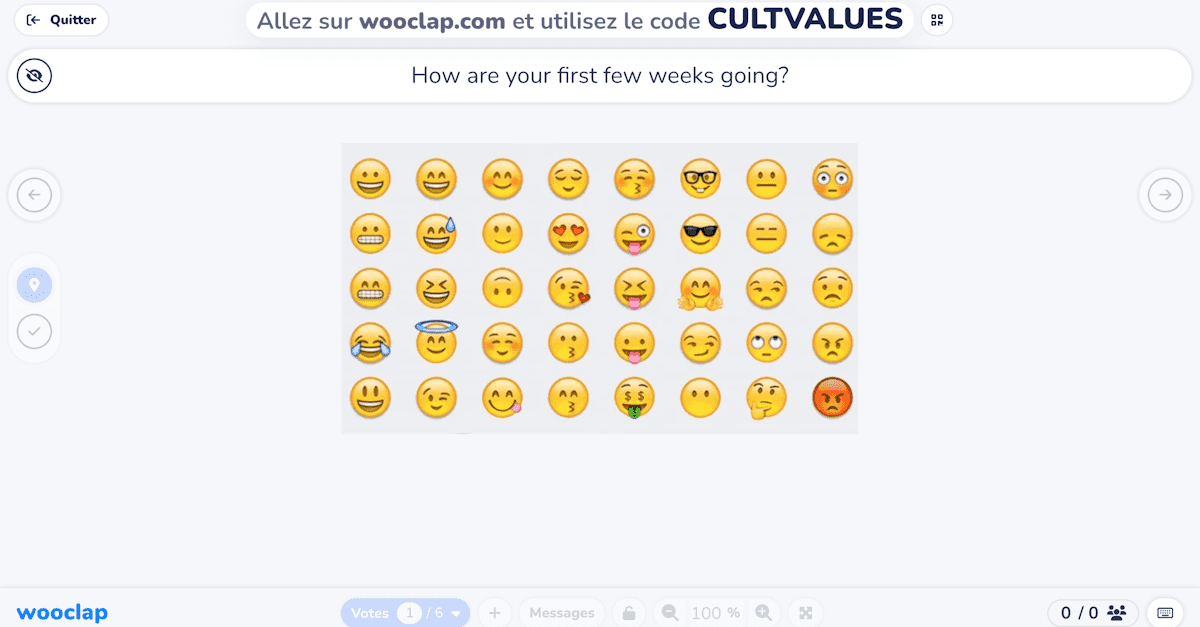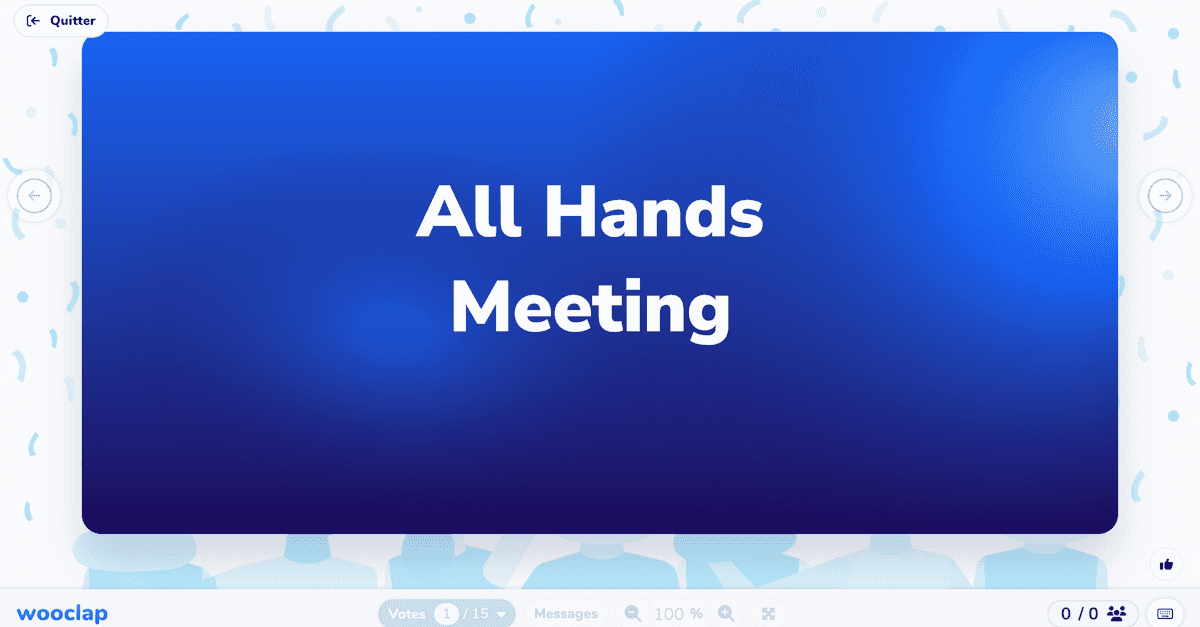INTERACTIVE TEMPLATEWeekly Team Meetings: prioritize and boost productivity
2023-06-13 •

From Mark Freer

Why are weekly team prioritization meetings important?
A weekly team meeting that prioritizes tasks is essential for effective collaboration and productivity. It enables team members to align their efforts, communicate updates, and address challenges.
By collectively identifying and prioritizing tasks, the team can focus on high-priority items, fostering efficiency and avoiding distractions. Moreover, these meetings promote accountability, as responsibilities and expectations are discussed openly. They also provide a platform for collaborative problem-solving and decision-making, harnessing the collective intelligence of the team.
Overall, such meetings drive continuous improvement, ensuring that the team remains aligned, productive, and adaptable to achieve its goals.
It's important to remember that the frequency and necessity of a weekly task prioritization meeting may vary depending on the specific needs and dynamics of the team. Regular evaluation and feedback from the team members help determine if a weekly meeting is the most effective approach or if adjustments to the frequency or format are required.
How to use the template?
The Weekly Prioritization Meeting is a structured gathering designed to set clear goals and prioritize tasks for the upcoming week. By following this template, teams can establish a shared focus, allocate resources effectively, and mitigate potential time stealers. This document outlines the critical components of the meeting to ensure its success.
At the beginning of the meeting, clearly define the overarching focus for the week. This sets the direction and enables team members to align their efforts towards common objectives. Discuss any changes or updates to the overall goals and ensure everyone understands the desired outcomes. During the meeting, categorize tasks into three main groups: "Do It Now," "Plan It," and "Don't Do It." This classification helps in prioritizing tasks based on their urgency, importance, and feasibility.
- "Do It Now": These are tasks that require immediate attention. They are time-sensitive and critical for achieving short-term goals. Prioritizing these tasks ensures that pressing matters are addressed promptly, preventing any potential bottlenecks or delays.
- "Plan It": These tasks require more thoughtful consideration and planning. They may not be as urgent but are essential for long-term success. Allocating time to plan and strategize allows for better decision-making and reduces the chances of overlooking critical aspects of a project.
- "Don't Do It": This category includes tasks that are either low priority or not aligned with the current objectives. Recognizing what not to focus on is equally important as identifying what to prioritize. By acknowledging and deprioritizing specific tasks, the team can optimize their efforts and avoid wasting valuable time on less impactful activities.
After that, discuss potential time stealers that might hinder progress or divert attention away from key tasks. Time stealers can be unexpected issues, inefficient processes, or distractions that hinder productivity. By identifying these challenges upfront, the team can develop strategies to mitigate or address them effectively, ensuring that valuable time and resources are not wasted. Lastly, identify any dependencies or areas where assistance is needed from other team members or departments. Determine the specific tasks or projects that require collaboration and identify the individuals who can provide the necessary support. By clearly communicating these needs, the team can ensure smooth coordination and timely completion of tasks.
Download this event template

Creator

Mark Freer
Leadership coachMeet Mark Freer, a professional leadership coach and consultant. With over 30 years of leadership experience within the Telco. & Tech. industry, and a passion for supporting individuals and teams reach their full potential, Mark founded Heads Up and Freer. He has worked with clients across a wide range of industries and sectors, from startups to Fortune 500 companies, and has a proven track record of delivering results. Mark's coaching style and training approach is tailored to each client's unique needs and challenges, and draws on his deep expertise in energetic profiles, brain science, leadership development, and communication skills.

Learner engagement exercise
Engage your learners with an interactive presentation and active exercise to understand the difference between remembering and memorizing. Empower them by sharing knowledge about the learning process.



Boost your culture and values onboarding with Wooclap
Optimize and dynamize your culture and values onboarding with this template.



All Hands meeting: Make it more engaging with Wooclap
Make your All Hands meetings more interactive and engaging with this Wooclap template!



